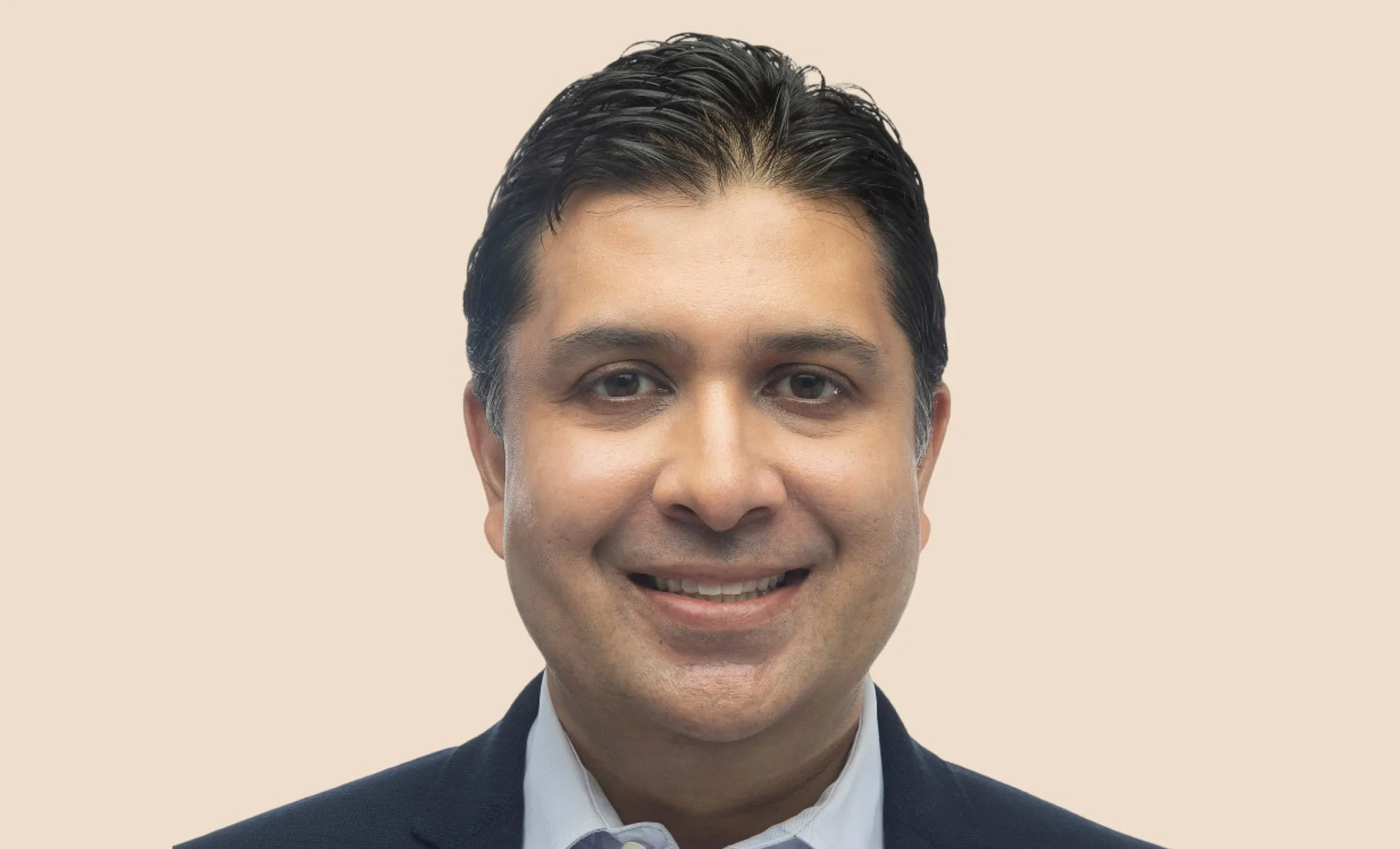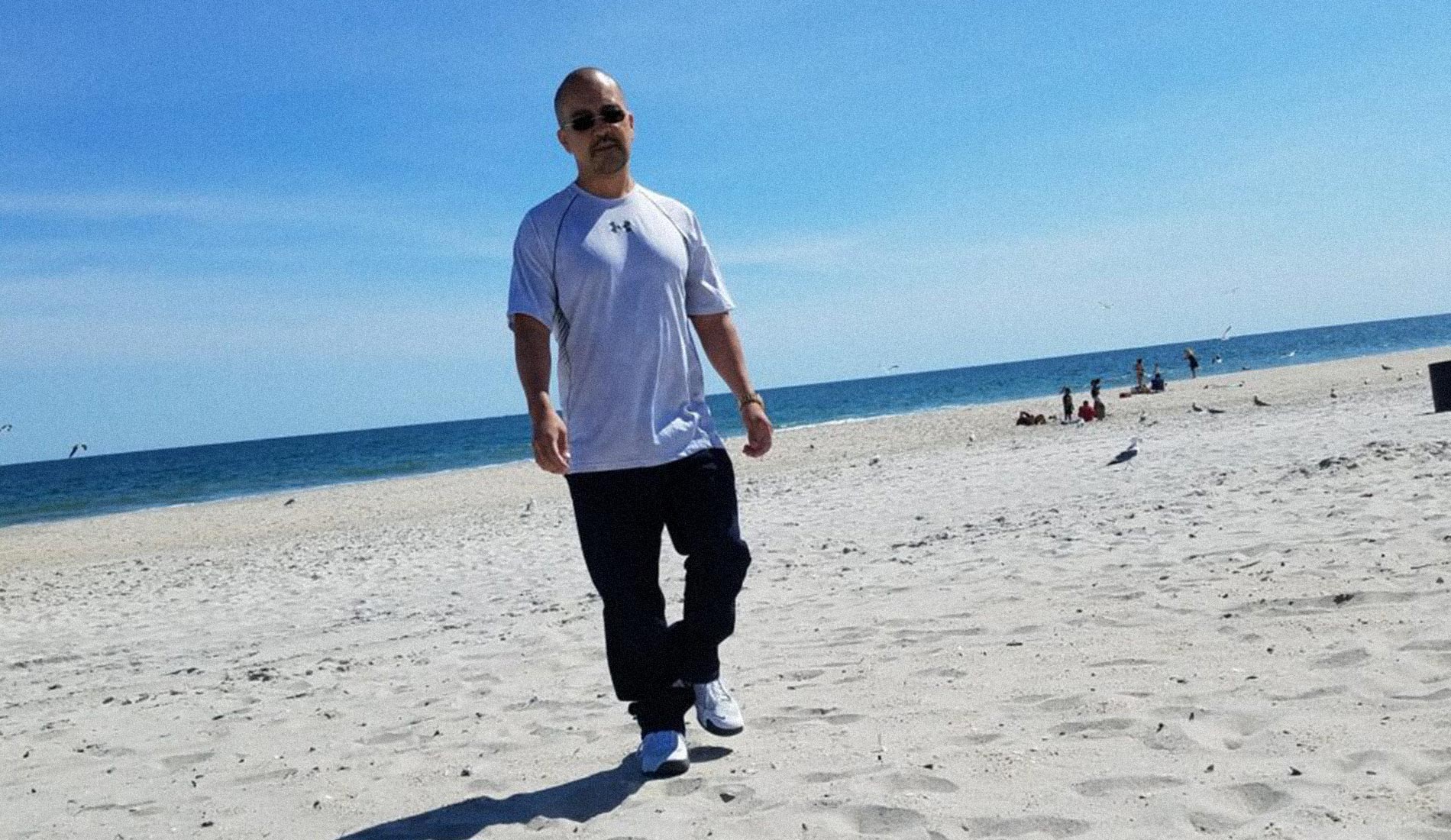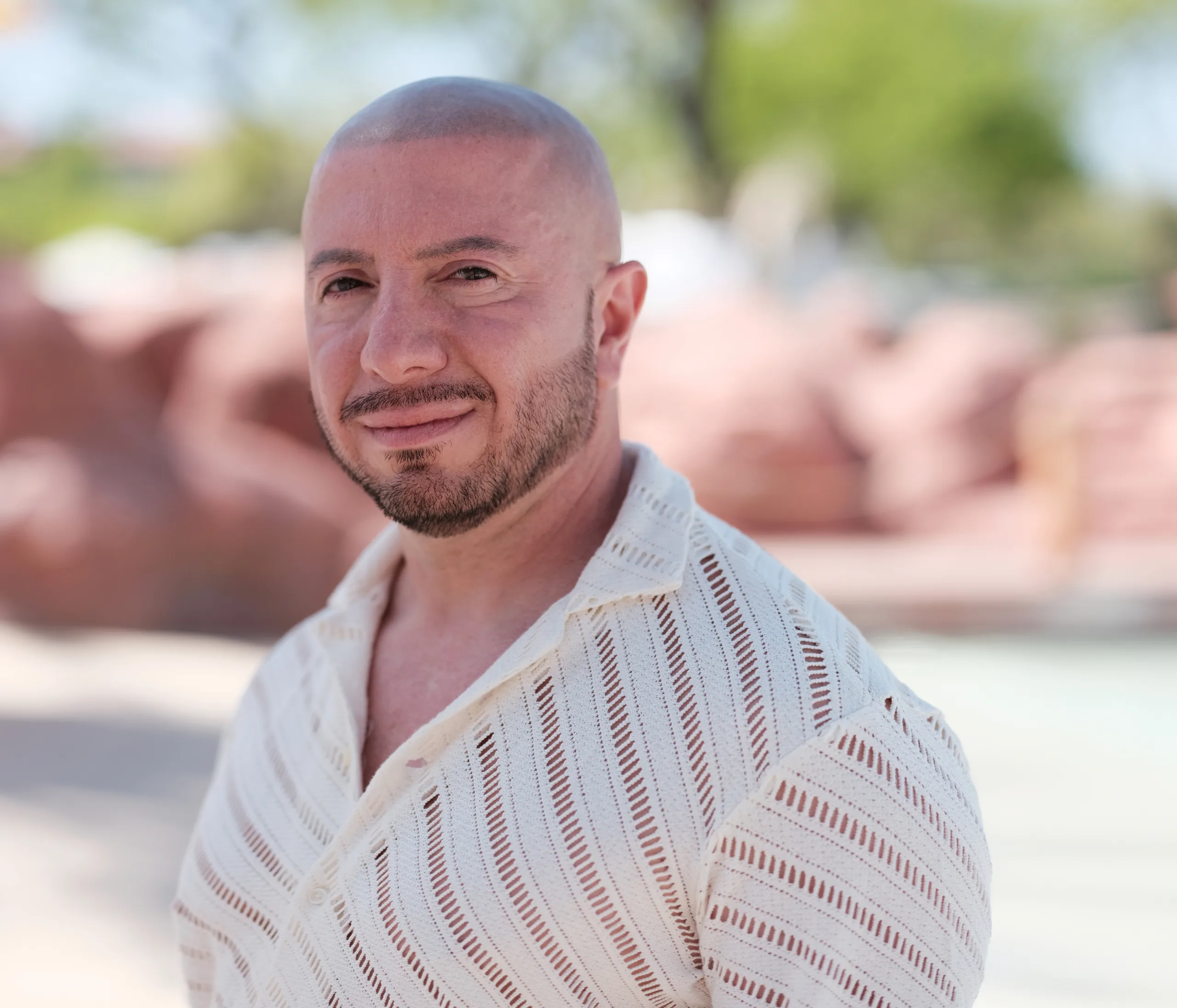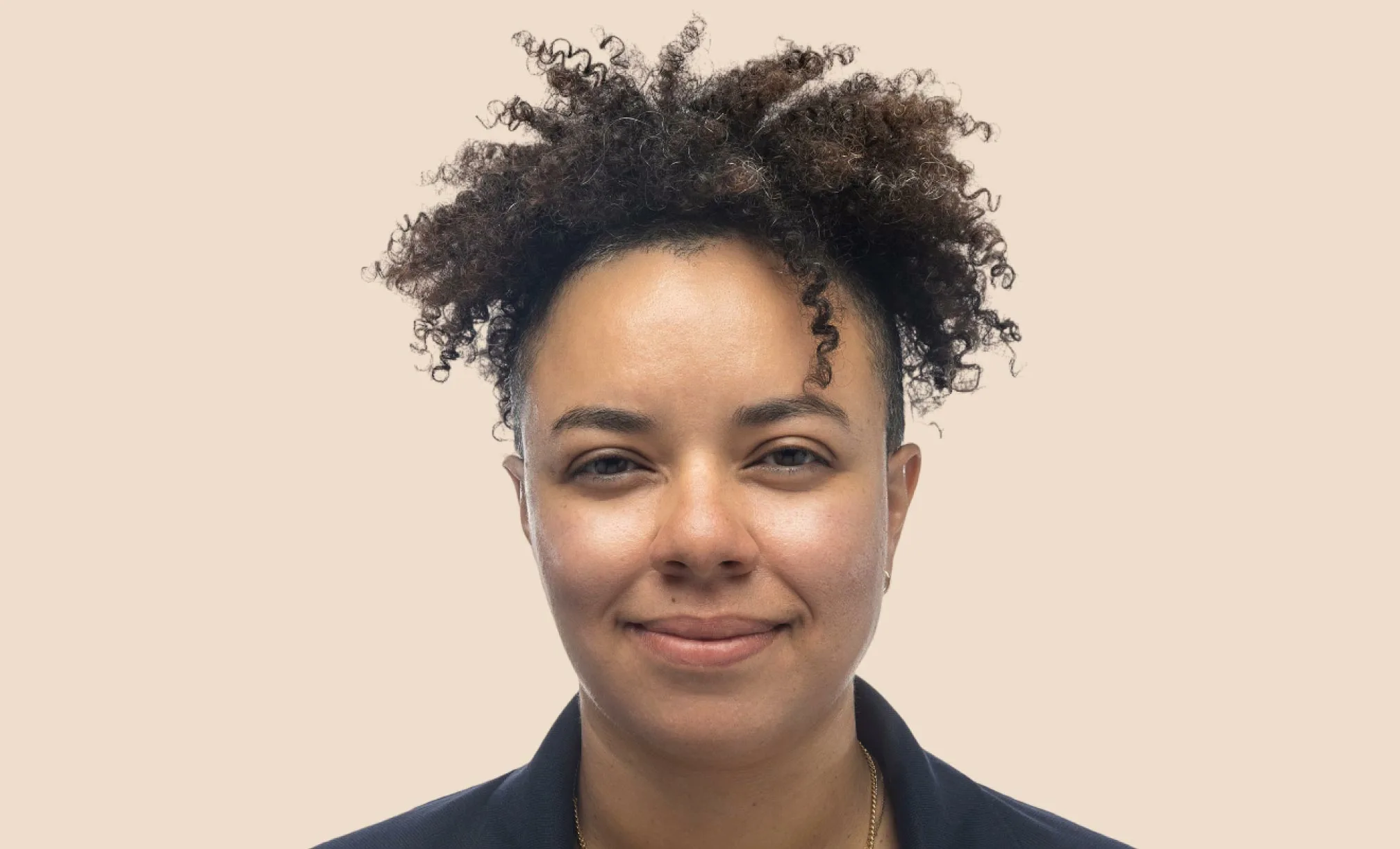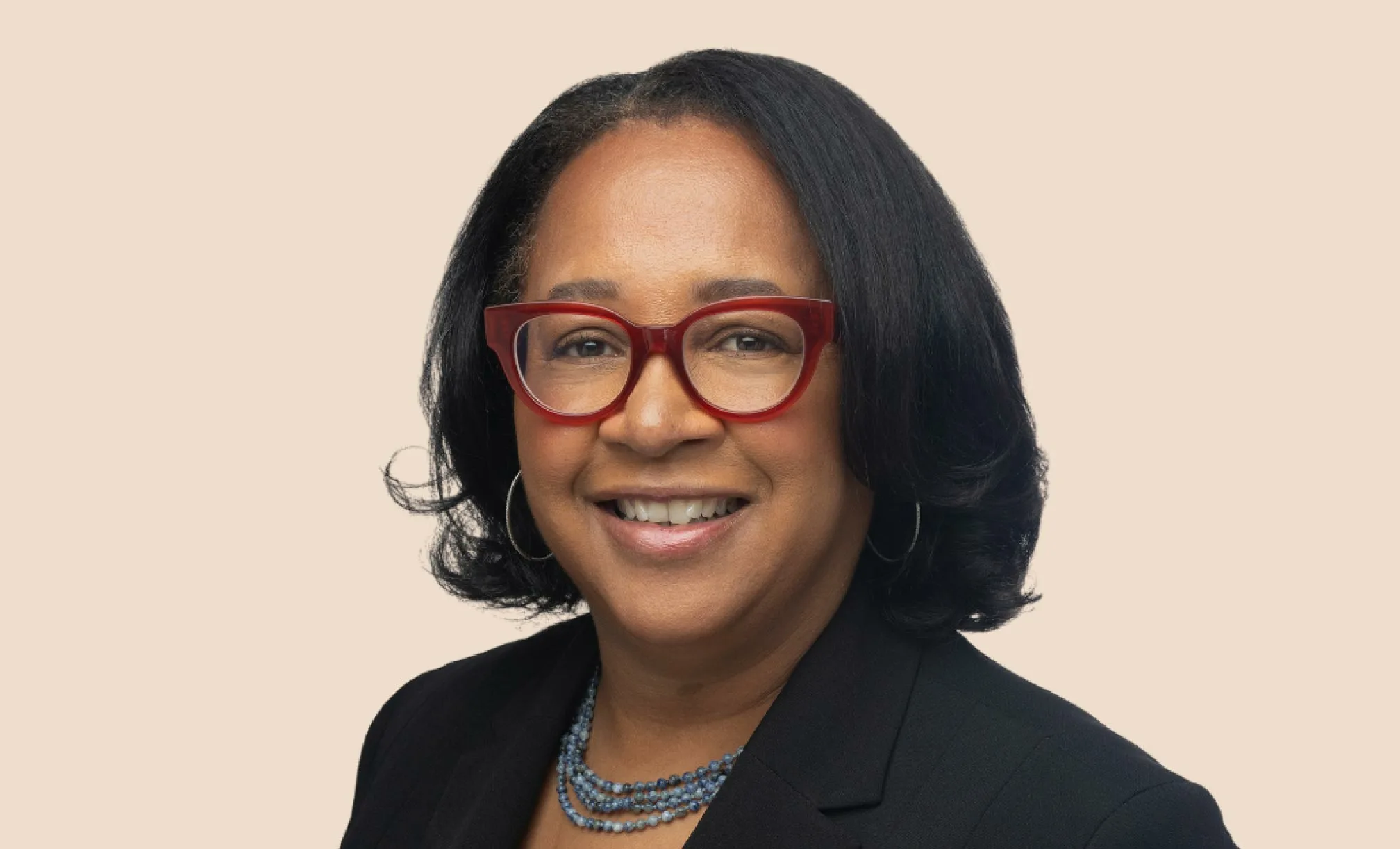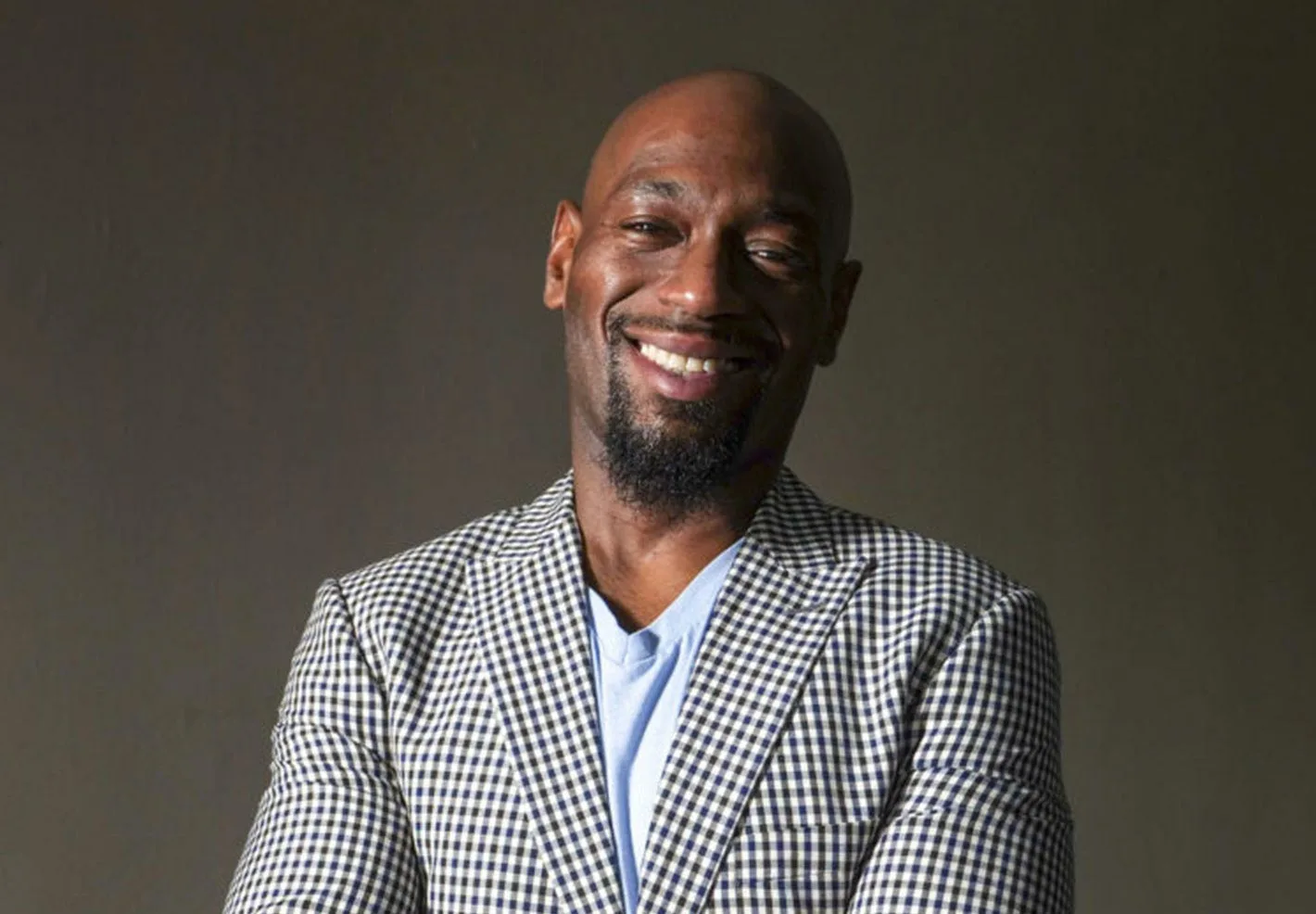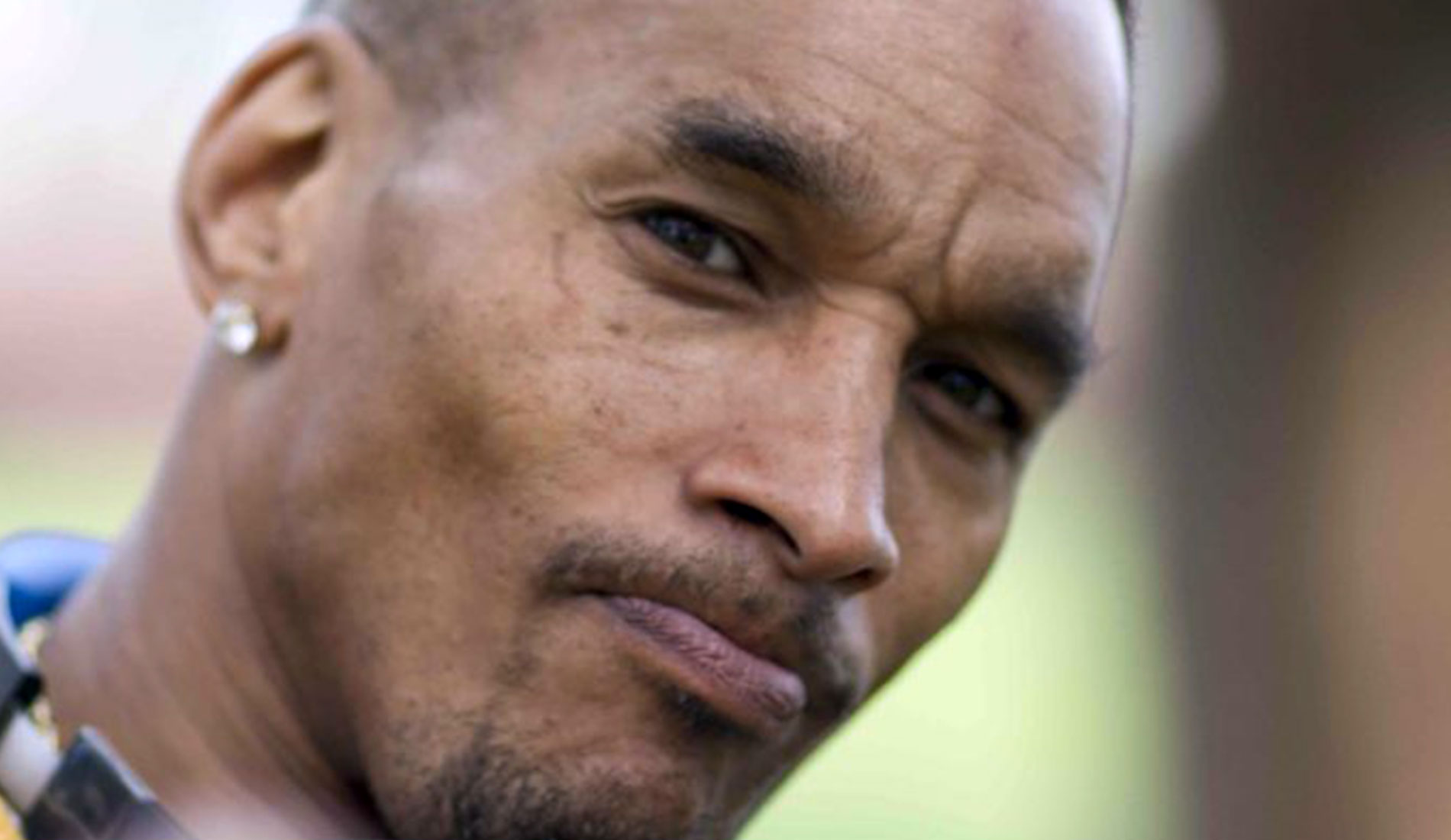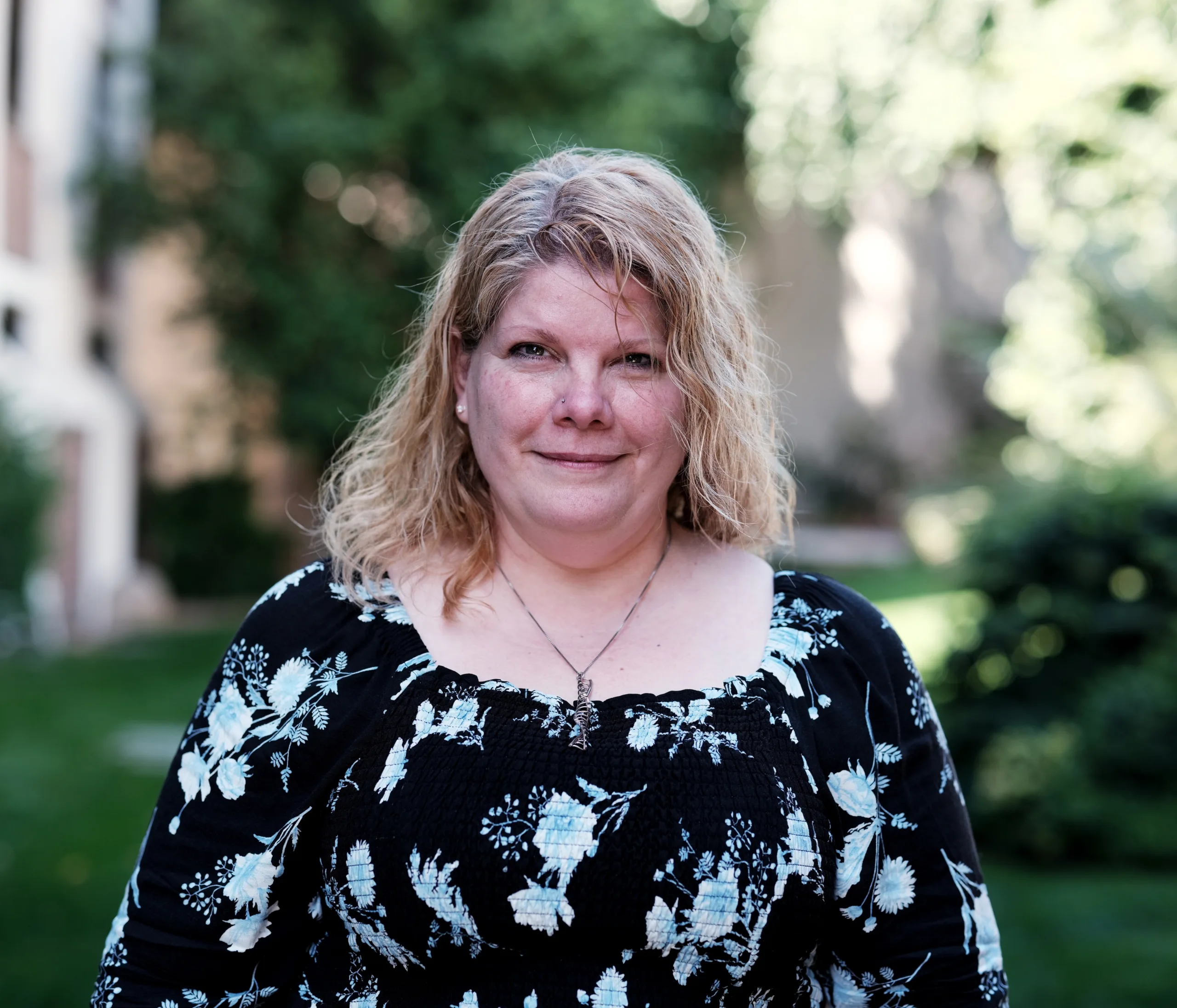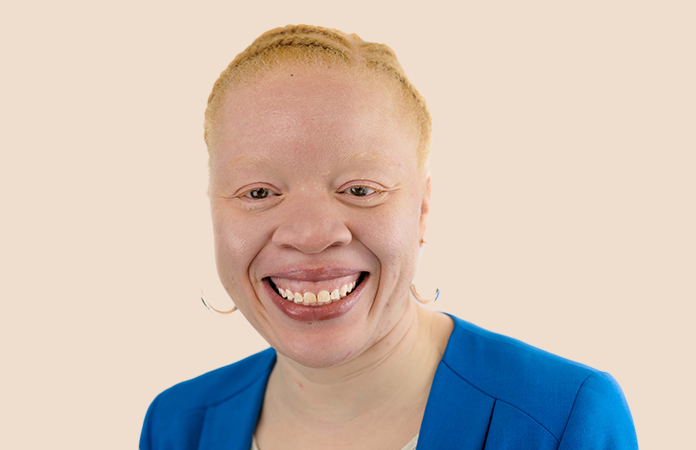“The biggest thing I want people to take from it is not only that our justice system is really screwed up, but so are the people running it. We don’t have a good checks and balance system to ensure that wrongful convictions aren’t taking place. That’s really the big picture scope.”
Kristine Bunch languished behind bars for more than 17 years after she was arrested and charged with setting a fire that claimed the life of her three-year-old son, Anthony, on June 30, 1995. On March 21, 2012, the court reversed the conviction based on evolving and more reliable fire science and because undisclosed ATF evidence contradicted trial testimony which argued that Bunch had started the fire. Bunch, who had earned undergraduate degrees in English and anthropology from Ball State University in prison, was freed 17 years, after her wrongful arrest. She walked out of the Decatur County Jail, where she had been sent to await retrial, and into the arms of her family, who had steadfastly supported her throughout her ordeal. Today, Bunch is an advocate for people exonerated of wrongful conviction. She co-founded and co-runs a non-profit organization called Justice4JustUs, which connects exonerated individuals to social and medical services to help them rebuild their lives.

